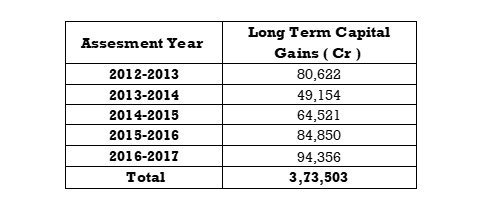A tweetstorm by a frustrated epidemiologist
I was disappointed to see an "obesity paradox" article in @AmJEpi
Instead writing a letter to the editor, I decided that Twitter is a better way to reach ppl on #epitwitter #medtwitter
1/
Science moves forward through scholarly debate. Let’s keep the discussion courteous!
I'd love to engage and answer any questions you may have!
Here's the article I'm tweeting about:
ncbi.nlm.nih.gov/pubmed/31504124
There’s this idea out there about the “obesity paradox”: obese individuals with chronic disease have a survival ADVANTAGE relative to non-obese individuals.
This runs counter to what we know about obesity in the general population.
Options discussed by @MariaGlymour @_MiguelHernan @ER_Mayeda @WhitneyEpi @MatthewSperrin:
-Collider bias
-Effect modification
-Heterogeneity bias
Ever-smokers:
overweight=0.56 (0.43, 0.74)
obese= 0.66 (0.48, 0.92)
Never-smokers:
overweight= 1.41 (0.66, 3.03)
obese= 1.29 (0.48, 3.48)
But... you CANNOT make that conclusion from these results!!
AND, they overlap with the strata of ever smokers that they are apparently different from.
Given that there are compelling methodological explanations for the "obesity paradox" it is simply not correct to call it a "paradox".
A question to ponder for clinicians on #medtwitter:
If you believe in the "obesity paradox", you should be advising your patients with chronic disease to GAIN weight? Right? Because obese individuals have a survival advantage?
-the end-
Q: Should we be advising pregnant women to smoke to avoid low birth-weight babies? A: NO.





